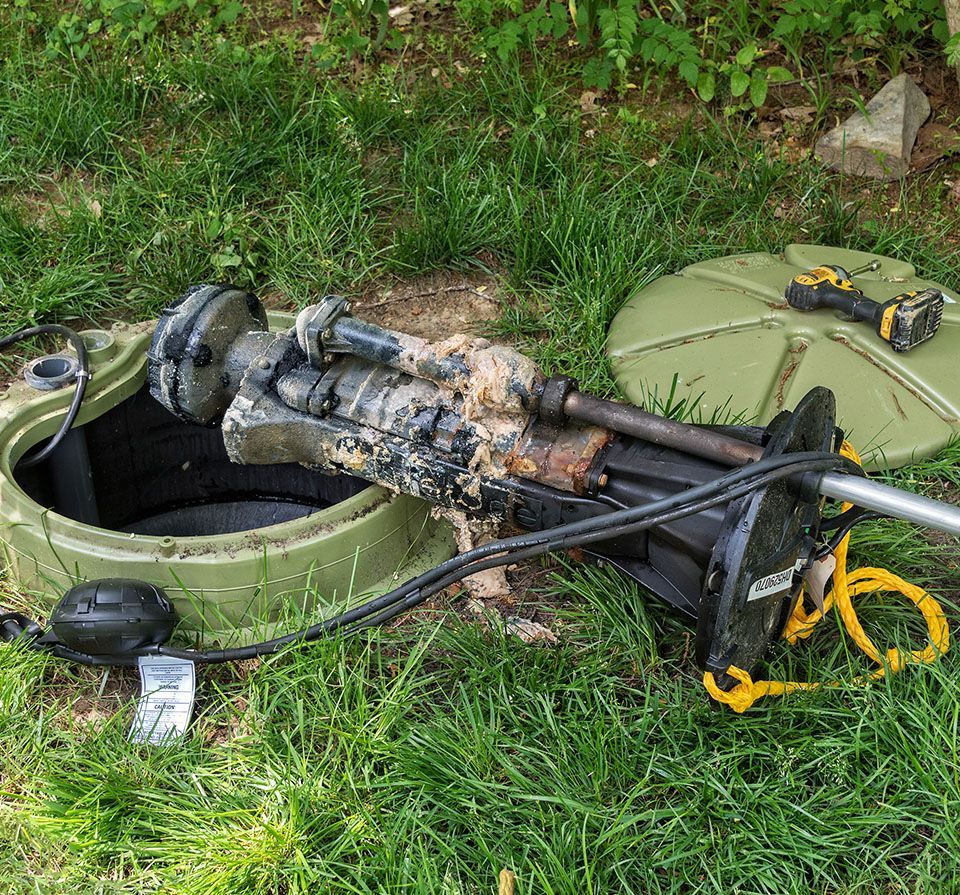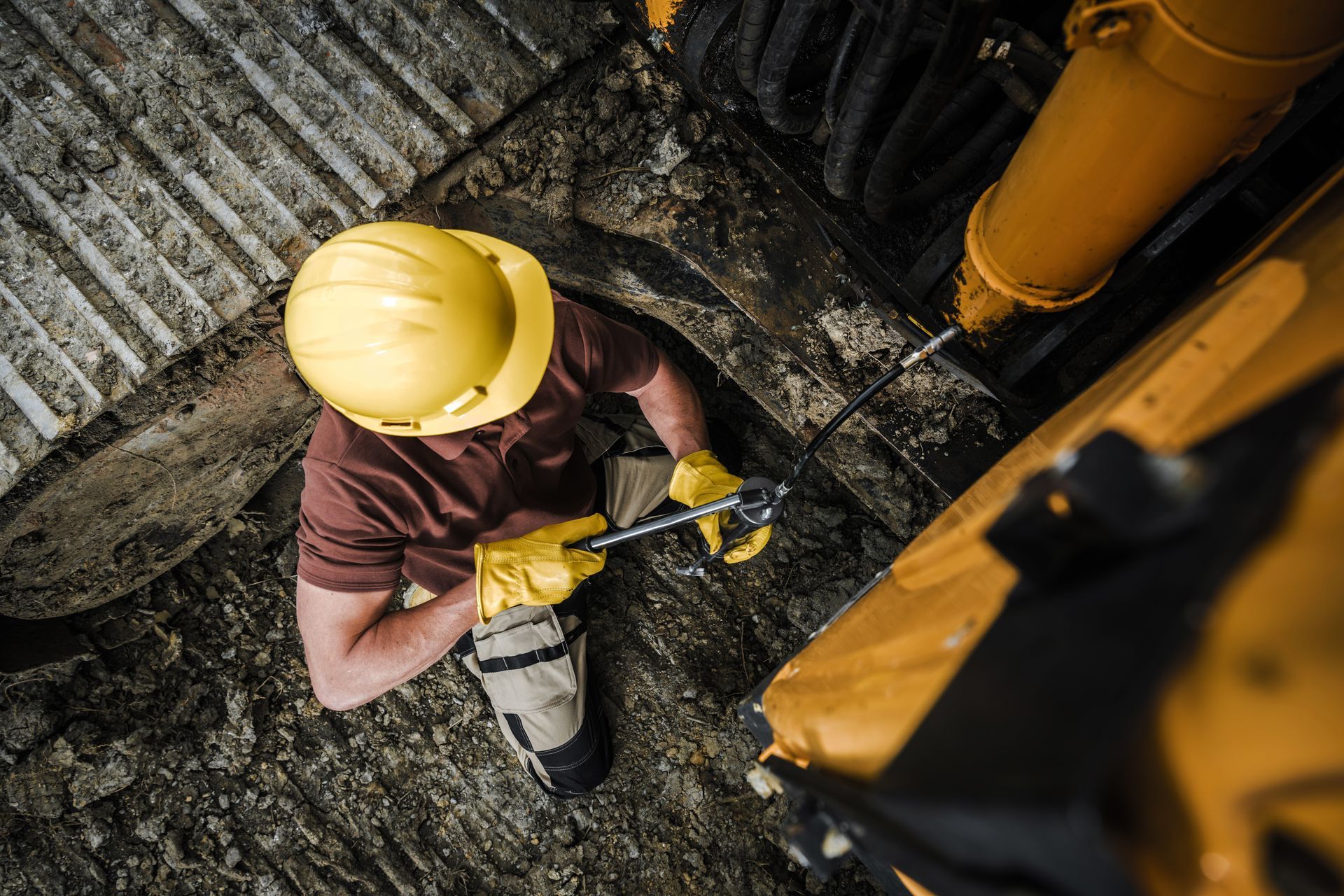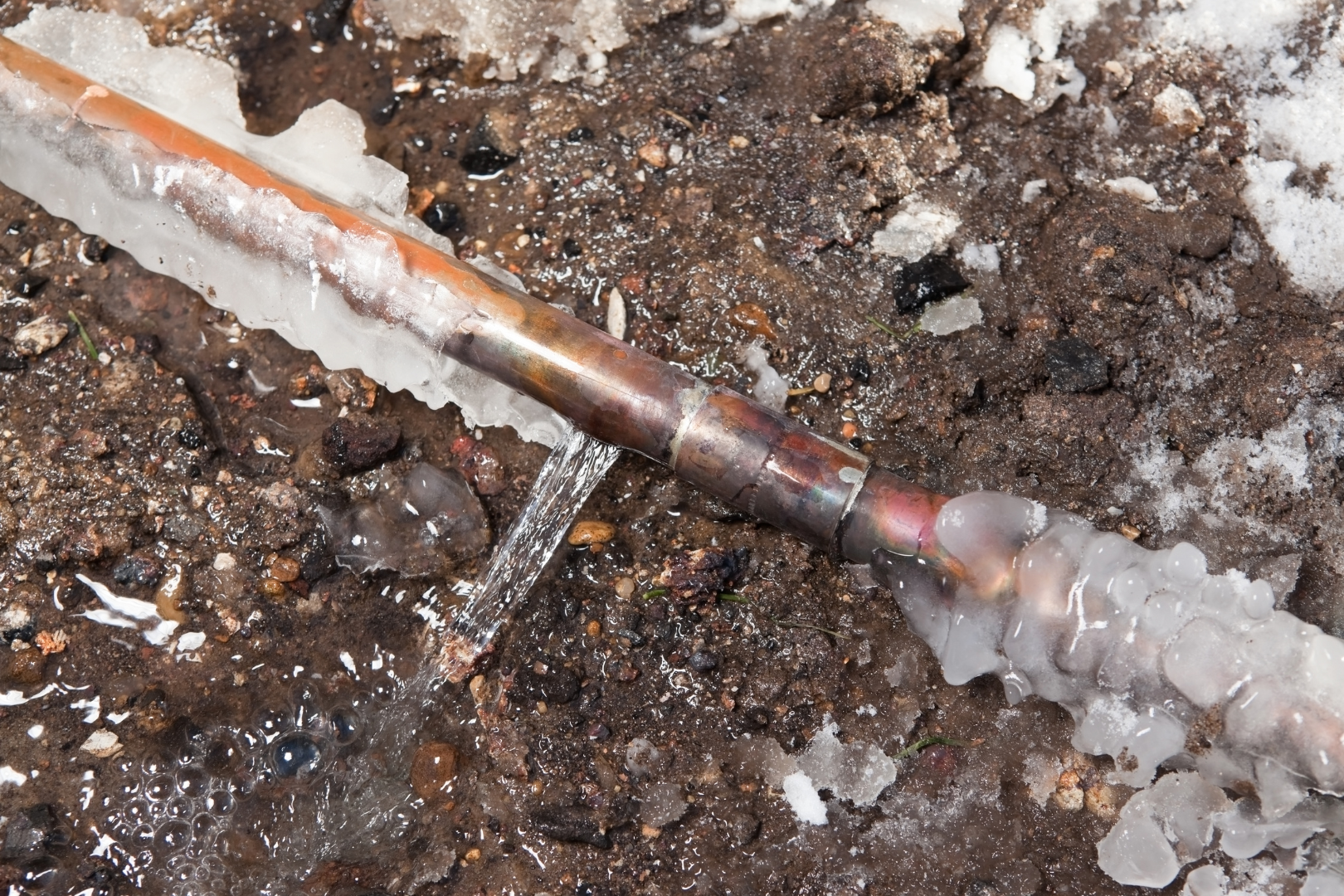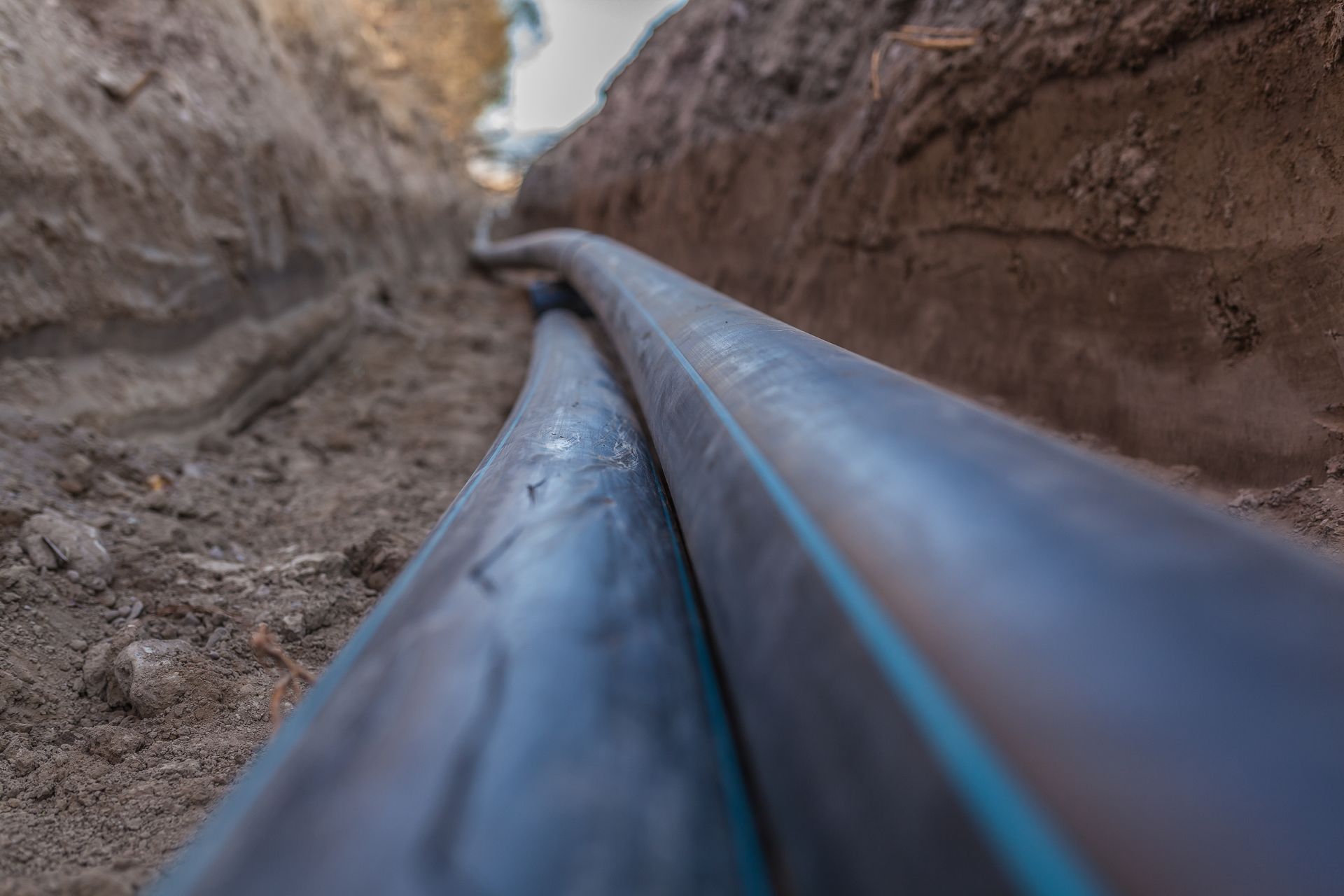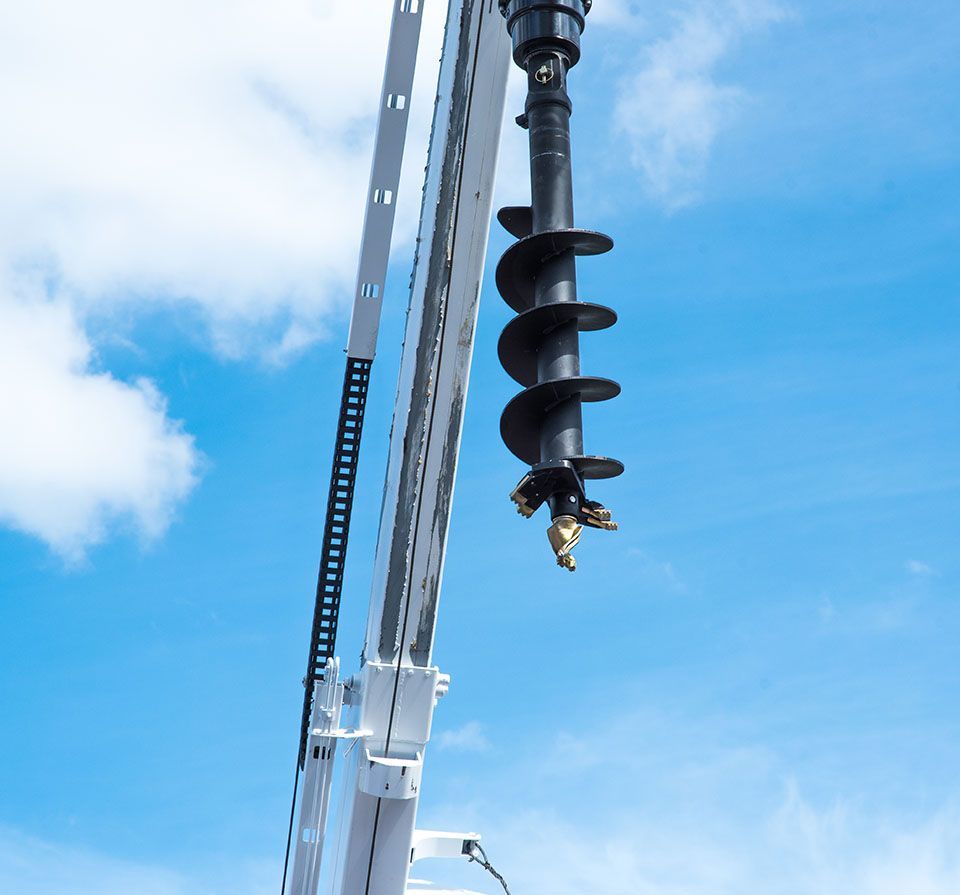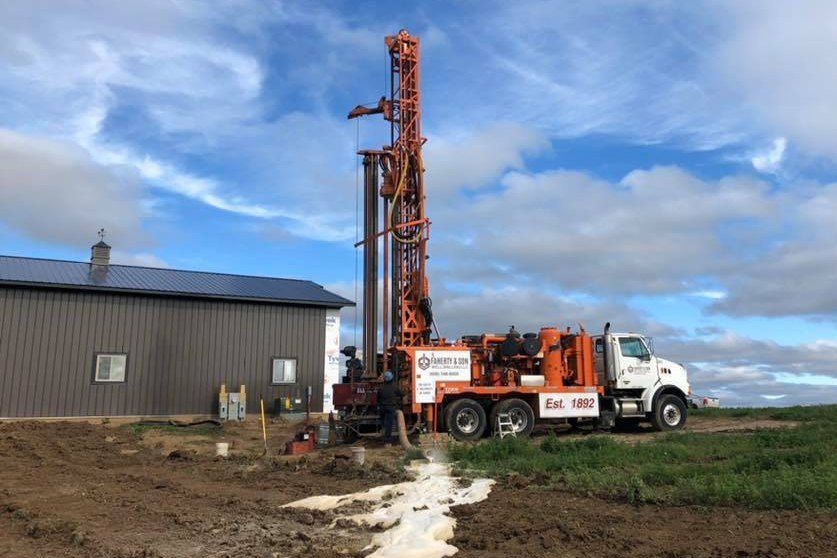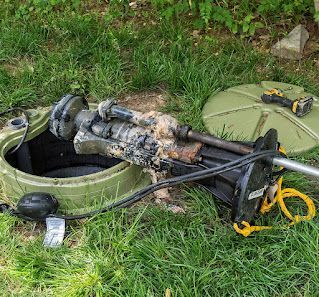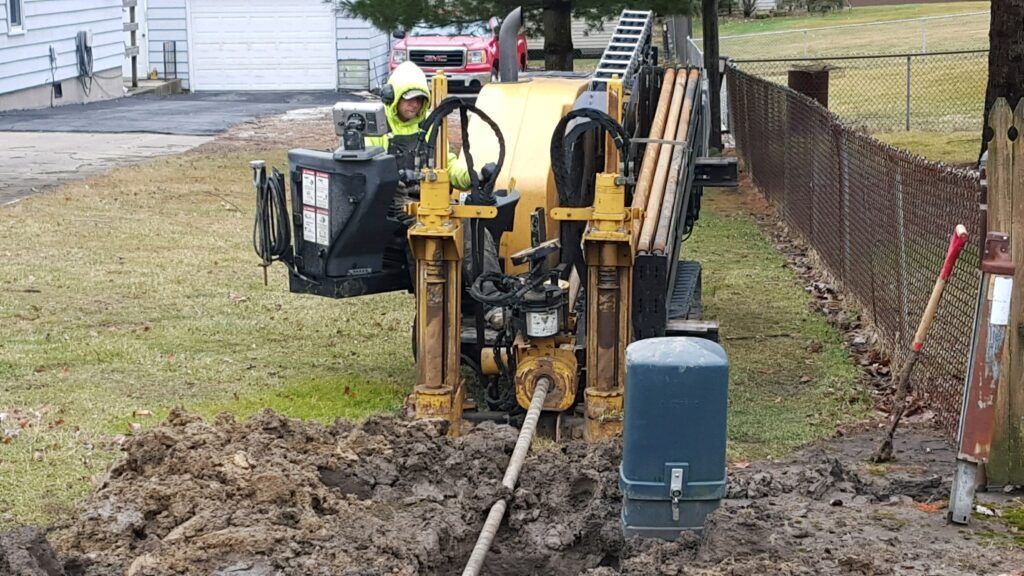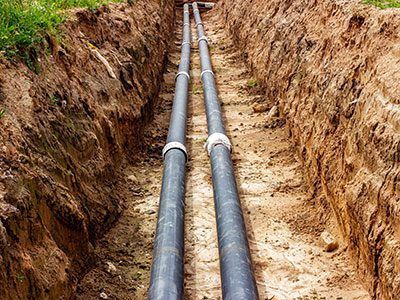Directional Drilling for Fiber Optic Installation: What You Need to Know
As the demand for high-speed internet and digital connectivity continues to grow, fiber optic installation has become a top priority for municipalities, developers, utility providers, and even rural homeowners. But running fiber optic lines underground comes with a set of unique challenges—especially when working through densely populated areas or across paved surfaces.
That’s where directional drilling comes in.
At Pinpoint Directional Drilling Inc., we offer precise, trenchless fiber conduit installation services across Fort Wayne, Indianapolis, and South Bend, using horizontal directional drilling (HDD) to install conduit with minimal disruption to property or infrastructure.
In this post, we’ll explain why directional drilling is ideal for fiber optic installation, how the process works, what benefits it offers, and how to ensure your project runs smoothly from start to finish.
Why Fiber Optic Infrastructure Matters
Fiber optics are the backbone of modern digital infrastructure. Unlike traditional copper lines, fiber optic cables transmit data using light, offering:
- Significantly higher bandwidth
- Faster internet speeds
- Greater reliability
- Lower latency
- Long-distance signal retention
From residential neighborhoods to business districts and municipal networks, fiber is essential for powering:
- Gigabit internet service
- Smart city systems
- School and university networks
- Public safety communication
- Commercial data centers
- Healthcare facilities
But to function properly, fiber optic lines must be installed in protective conduit underground, often over long distances or in developed environments.
What Is Directional Drilling
and Why Is It Used for Fiber Installation?
Directional drilling is ideal for:
Directional drilling is a trenchless construction method that allows crews to install conduit, pipe, or cable beneath the surface without excavating long trenches.
For fiber optics, directional drilling is used to:
- Bore a precise underground path for conduit
- Avoid disrupting roads, sidewalks, landscaping, and buildings
- Navigate existing utilities safely
- Create cost-effective routes for long-distance cable pulls
The process includes three main phases:
- Pilot Bore
– A drill head bores a narrow tunnel underground, guided to follow a specific path using GPS or sensor systems.
- Reaming – The pilot hole is widened to fit the required conduit or pipe.
- Conduit Pullback – The fiber conduit (HDPE or PVC) is pulled back through the bore path, ready for cable installation.
This method enables quick, low-impact installations, even in crowded urban or commercial areas.
Benefits of Directional Drilling for Fiber Optics
1. Minimal Surface Disruption
Because directional drilling only requires small entry and exit points, your lawn and landscaping remain mostly untouched. This means:
- No torn-up turf from long trench lines
- No replanting of flowers, shrubs, or trees
- No root systems disturbed, reducing the risk of tree damage or death
For homeowners who’ve invested in beautiful landscapes—or commercial properties where appearance matters—this preservation can be a huge relief.
2. Faster Project Completion
Time is money—especially when it comes to network rollouts or telecom infrastructure.
Because directional drilling minimizes restoration and cleanup, it often results in faster overall timelines. There’s no need to pour new pavement, haul away excess soil, or repair landscaping. The conduit is in place and ready for fiber splicing and activation within days.
3. Lower Total Project Cost
While HDD may cost slightly more upfront than basic trenching, it saves money overall by reducing:
- Concrete or asphalt restoration
- Landscaping repair
- Traffic control
- Delays from permit complications
- Risk of utility strikes
In many cases, especially for long runs or paved surfaces, directional drilling is the most cost-effective option available.
4. Increased Safety and Precision
Using modern tracking and drill head steering systems, our team can guide bores:
- Around existing utilities (electric, water, gas)
- Under buildings or driveways
- Across major roads or highways
- Along curved or sloped paths
This precision reduces the risk of utility damage and improves the long-term durability of the conduit installation.
Common Applications for Directional Drilling and Fiber Conduit Installation
We’ve completed HDD fiber projects across Indiana in the following settings:
- New residential subdivisions requiring high-speed fiber access
- Rural fiber expansion programs are bringing broadband to underserved areas
- Commercial buildings and data centers are upgrading communication infrastructure
- Municipal smart city projects, including traffic systems, surveillance, and sensors
- College and hospital campuses integrating multiple buildings
No matter the scale, our team provides the same high-quality service with attention to precision, safety, and efficiency.
Frequently Asked Questions
How deep does fiber conduit need to be buried?
Typical installation depths range from 18 to 36 inches, depending on local codes, climate, and traffic conditions. For road crossings or driveways, a deeper installation may be required to prevent damage.
What type of conduit is used for fiber?
Most installations use HDPE (high-density polyethylene) conduit due to its flexibility, durability, and resistance to water intrusion. Multiple ducts (microducts) may be installed together for future fiber expansion.
Is directional drilling safe around other utilities?
Yes—with proper planning and utility locating, HDD is one of the safest methods available. Our team always coordinates with 811 and local agencies to mark utilities before drilling begins.
Can you drill under roads or buildings?
Absolutely. That’s one of the biggest advantages of HDD. We routinely drill beneath:
- Public roads and highways
- Parking lots
- Sidewalks and patios
- Building foundations (when planned appropriately)
Choosing the Right Contractor Matters
Fiber installation is only as good as the conduit path it runs through.
A poorly installed or misaligned conduit can cause:
- Failed inspections
- Future water intrusion
- Signal loss or fiber damage
- Expensive re-digs or patchwork
At Pinpoint Directional Drilling Inc., we bring:
- Over 20 years of trenchless installation experience
- State-of-the-art equipment and bore tracking systems
- OSHA-compliant safety practices
- Expert crews trained in fiber conduit placement
- A reputation for clean, efficient work across Indiana
From residential drops to multi-mile backbone projects, we provide solutions that meet your specs and exceed expectations.
Serving Indiana’s Fiber Optic Growth
We proudly serve:
- Fort Wayne, IN
- Indianapolis, IN
- South Bend, IN
- Surrounding cities and rural communities
Whether you’re a telecom contractor, city planner, builder, or utility provider, Pinpoint Directional Drilling Inc. is your trusted partner for fiber conduit installation done right.
Get a Free Quote for
Your Fiber Installation Project
Ready to bring high-speed connectivity to your property, neighborhood, or facility?
Call Pinpoint Directional Drilling Inc. today at (260) 344-3150
Or request a free quote online
Let’s bring precision, protection, and peace of mind to your next underground utility project.
